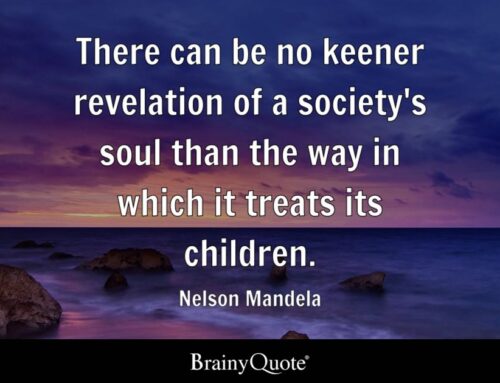This is an extract from the chapter on Respect, which is the fifth of the ASPIRE principles in ASPIRE to Wellbeing and Learning for All: The principles underpinning positive education. The Early Years and Primary book was published on 3rd June, the Secondary one will be out on August 1st.
When people are asked to list the qualities of a healthy relationship, respect frequently comes top of the list. Amongst other things it is treating others as you would wish to be treated – with consideration, kindness and empathy, focusing on individual dignity and our shared humanity.
Respect for children
Respect also means valuing the whole person. Every child is both complex and unique. There is a risk that we underestimate children because we do not tune into their full potential in all the dimensions of their development and learning. These dimensions include cognitive, social, emotional, psychological, language, spiritual, creative and physical. Teachers who work in target-driven schools may only respect aspects of individuals that tick academic boxes. Paying close attention to a toddler over a few weeks is like watching a flower unfold as one new skill follows another. You can almost see the millions of new synapses in their brain firing! If that child is in a supportive family this will be matched by joy as they begin new skills, stumble, practice and finally succeed. This development does not stop when they are five years old but the satisfaction and excitement might do unless that child is in an environment where each step of learning in every domain is respected and celebrated.
Respect for educators
Teaching used to be a profession that was held in high regard. This is still the case in many countries. In Finland, for instance, the profession has such high status that only about ten per cent of applications to teach are successful. Every teacher has a Master’s degree and, as the education system is based on trust rather than external controls, teachers have high levels of autonomy. They work within an ethical code based on the principles of dignity, truthfulness, fairness, responsibility and freedom. Finland is acknowledged as having one of the best education systems in the world, with consistently high rankings in OECD countries and the highest rate of school completion anywhere.
Although many individual teachers are valued members of their communities, Respect for teachers as a body has been undermined in the UK and elsewhere. High stakes testing has led to teachers focusing primarily on academic results within a narrow curriculum, as it is this on which they are judged. Even though positive interactions may make all the difference to a child’s belief in themselves and overall wellbeing, this is rarely acknowledged as a significant part of the role of an educator.
Respect for diverse communities
An inclusive school culture is one where students and their families feel comfortable being themselves, and not subject to disrespect and discrimination. Students have an identity based in the communities they come from. In a school this may include several different ethnic, racial or religious groups. When a community is accepted without prejudice or judgment, children are able to be proud of who they are and where they come from and more likely to feel connected to school.
Respect in the future
Every day we hear of behaviour that demeans others. Those being abused or denigrated are invariably vulnerable in some way – asylum seekers, the homeless and mentally ill, children, ethnic minorities, the elderly and women, especially when alone. All those individuals perpetrating racist, sexist views and treating others inhumanely have been to school. If we are to build a society where respect for others is part of the fabric of daily life then every child should experience respect at school, have it modelled to them and learn what it means from the day they enter until the day they leave. Respect needs to be threaded through the learning environment.








Leave A Comment
You must be logged in to post a comment.